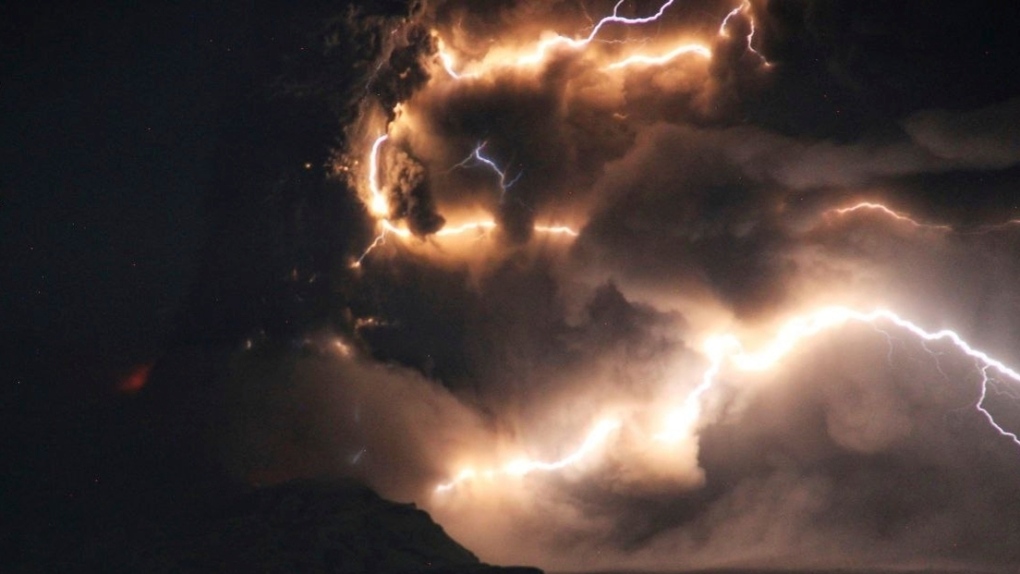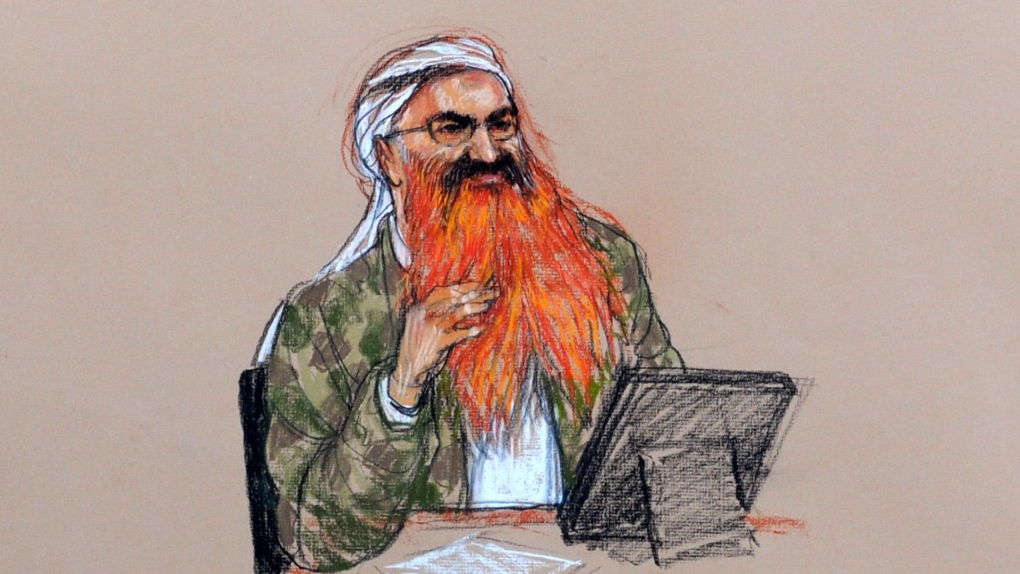The United Nations - In a passionate plea on Monday, the United States urged all nations selling arms to Sudan's conflicting groups to cease weapon sales. This warning comes as history seems to be repeating itself in Darfur, where a genocide occurred 20 years ago. U.S. Ambassador Linda Thomas-Greenfield spoke to reporters after an emergency closed meeting of the UN Security Council, expressing deep concern over the situation in El Fasher, the only capital in Darfur not under paramilitary control. She warned that a large-scale massacre could be imminent.
The U.S. Ambassador emphasized the urgency of the situation, stating that a crisis of monumental proportions is brewing in the region. British deputy ambassador James Kariuki echoed her sentiments, highlighting that Sudan cannot afford further escalation on top of the ongoing conflict that has persisted for a year. Thomas-Greenfield noted credible reports indicating that the paramilitary Rapid Support Forces and their allied militias have destroyed numerous villages west of El Fasher and are preparing for an imminent assault on the city. Describing the potential consequences of an attack on El Fasher as catastrophic, Thomas-Greenfield urged the paramilitary forces to end their siege and refrain from attacking the city. She appealed to all parties involved to de-escalate the violence, engage in direct negotiations, protect civilians, and allow humanitarian access to the vulnerable populations in the region. The situation in Sudan took a dire turn in mid-April when tensions between the military and the paramilitary forces erupted into violent clashes, leading to widespread conflict. The United Nations has been closely monitoring the conflict, with UN political chief Rosemary DiCarlo stressing that the ongoing war has been fueled by foreign weapons suppliers who are disregarding UN sanctions. She called on all foreign supporters to cease their weapon sales immediately, labeling their actions as illegal and immoral. While DiCarlo did not name specific countries, there have been reports linking Sudan's military leaders to various foreign allies, including Egypt, Iran, Russia, and regional powers. As the conflict continues to escalate, the United States is intensifying pressure on regional powers to adhere to the UN arms embargo and halt weapon supplies to the warring factions. Thomas-Greenfield mentioned engaging with countries like the United Arab Emirates, which has denied allegations of supplying weapons to Sudan. The consequences of the conflict have been devastating, with thousands dead, tens of thousands injured, and millions in urgent need of humanitarian assistance. The conflict in Darfur has reignited memories of the genocide that claimed hundreds of thousands of lives and displaced millions of people in the early 2000s. The RSF, predominantly Arab-dominated, have been accused of carrying out brutal attacks on ethnic African civilians, particularly the Masalit community. With the recent focus on El Fasher, the situation in Darfur is becoming increasingly volatile, raising concerns about the potential for further atrocities. The International Criminal Court's prosecutor has raised alarms about possible war crimes, crimes against humanity, and genocide being committed in Darfur. The RSF, originally formed by Janjaweed fighters under the leadership of former President Omar al-Bashir, are once again at the center of attention for their role in the conflict. Al-Bashir, who ruled Sudan for three decades before being ousted in 2019, is wanted by the ICC on charges of genocide and other crimes related to the Darfur conflict. The international community must act swiftly and decisively to prevent a humanitarian catastrophe in Sudan. The echoes of past atrocities in Darfur serve as a stark reminder of the urgency and importance of finding a peaceful resolution to the conflict. As the world watches closely, the United States and other nations must exert diplomatic pressure to end the violence and ensure the protection of vulnerable populations in Sudan. Only through concerted international efforts can the cycle of violence and suffering in Darfur be broken, paving the way for a more peaceful and stable future for the region. This expanded version emphasizes the urgency and complexity of the situation in Sudan, highlighting the historical context, diplomatic efforts, and humanitarian consequences of the ongoing conflict. It underscores the need for international cooperation and action to address the crisis and work towards a lasting resolution for the people of Sudan.U.S. Calls on Weapons Suppliers to Sudan to Cease Amid Warning of Genocide
 4 months ago
2726
4 months ago
2726
- Homepage
- World News
- U.S. Calls on Weapons Suppliers to Sudan to Cease Amid Warning of Genocide
Related
Russia experiences volcanic eruption following 7.0 magnitude...
1 month ago
2057
China Metro Stations Buzz with Personalized Ads as Operators...
1 month ago
2014
Accused Mastermind of 9/11 Attacks, Khalid Sheikh Mohammed, ...
1 month ago
2301
Trending in United States of America
Popular
Nokia Reaches 5G Patent Agreement with Vivo After Lengthy Le...
7 months ago
26048
Apple's Upcoming Tablet Lineup: iPad Air to Introduce Two Si...
9 months ago
25976
Xiaomi's First Electric Car, the SU7 Sedan, Enters the EV Ma...
8 months ago
25364
The European Parliament's Bold Move to Combat Smartphone Add...
9 months ago
25312
Unveiling ChatGPT's New 'Memory' Feature Revolutionizing Use...
7 months ago
25212
© OriginSources 2024. All rights are reserved








 English (US)
English (US)